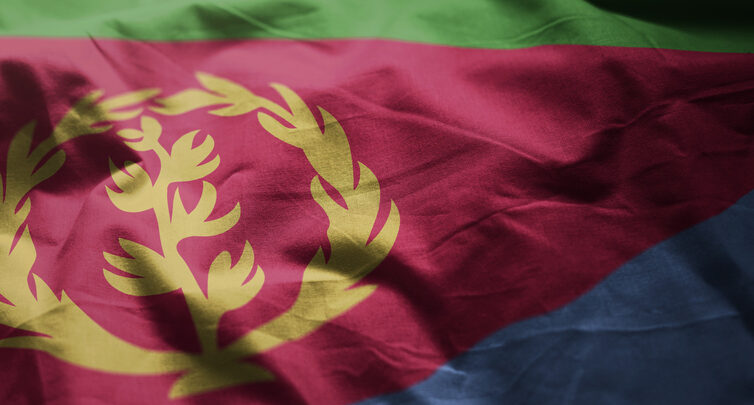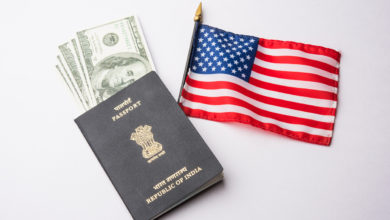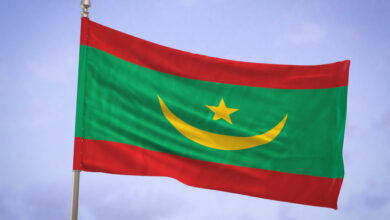World
Eritrea Welcomes Removal From US Terror Blacklist

Eritrea has welcomed the United States Government’s decision to remove the country’s name from a blacklist of nations that are accused of not fully co-operating with US anti-terrorism efforts. Some of the countries that are still listed on the list are Iran, North Korea, Syria, and Venezuela.
During an interview with the BBC, Eritrea Information Minister Yemane Gebremeskel said that the inclusion of Eritrea’s name in the blacklist was erroneous in the first place, adding that the country’s removal from the list was better late than never.
“Eritrea’s track record on fighting terrorism has been impeccable throughout the past decades,” Gebremeskel said, reported Africa News.
The US had put Eritrea in the Counterterror Non-Cooperation nation’s blacklist in May 2017 based on allegations that the Eritrean government had been funding the Al-Shabaab militant group, based in Somalia. The militant group had been designated as a terrorist organization by the US.
In November 2018, the United Nations Security Council, UNSC, lifted the measures saying they found no proof to back the claims that Eritrea was supporting terrorist groups in the region. At the time, Eritrea even demanded an apology from the UN body over what it said was baseless and unfair sanctions. It called for compensation for the years of what it termed “unjustified sanctions” that had adversely affected the country’s economy.
Notably, many of the latest changes are the result of Eritrea’s peace deal with neighboring Ethiopia signed in July 2018 that put an end to two decades of a bloody border dispute. It has also made several diplomatic strides with its neighbors in the region and the international community.
Described as one of the most secretive countries in the world, Eritrea continues to be condemned by human rights groups for various abuses including its indefinite military conscription.






